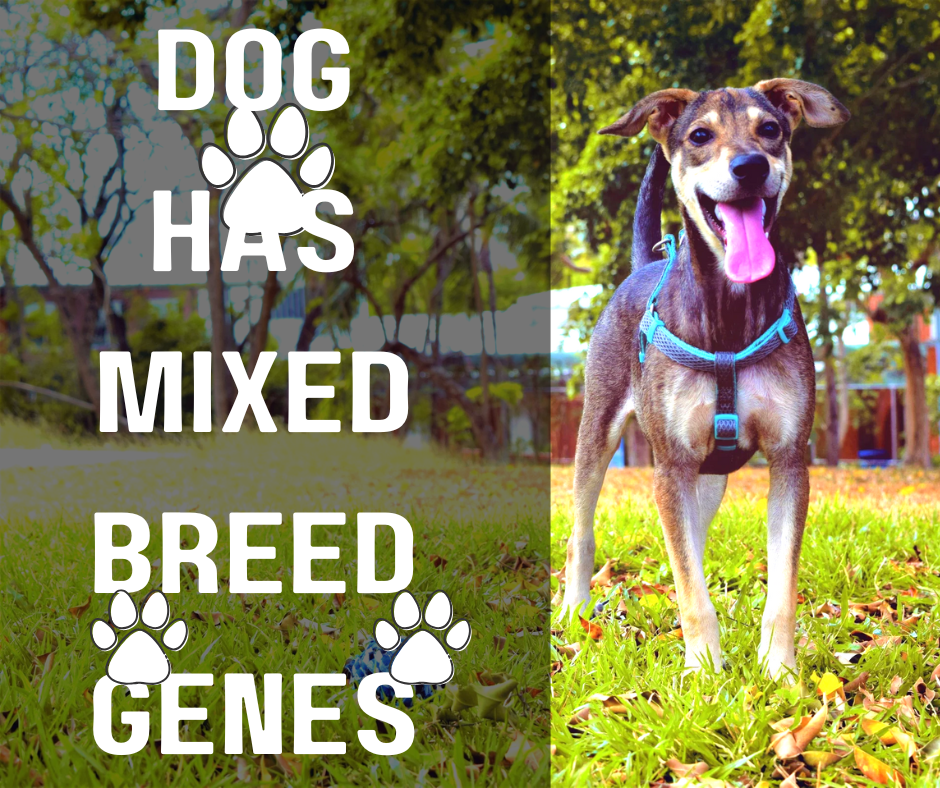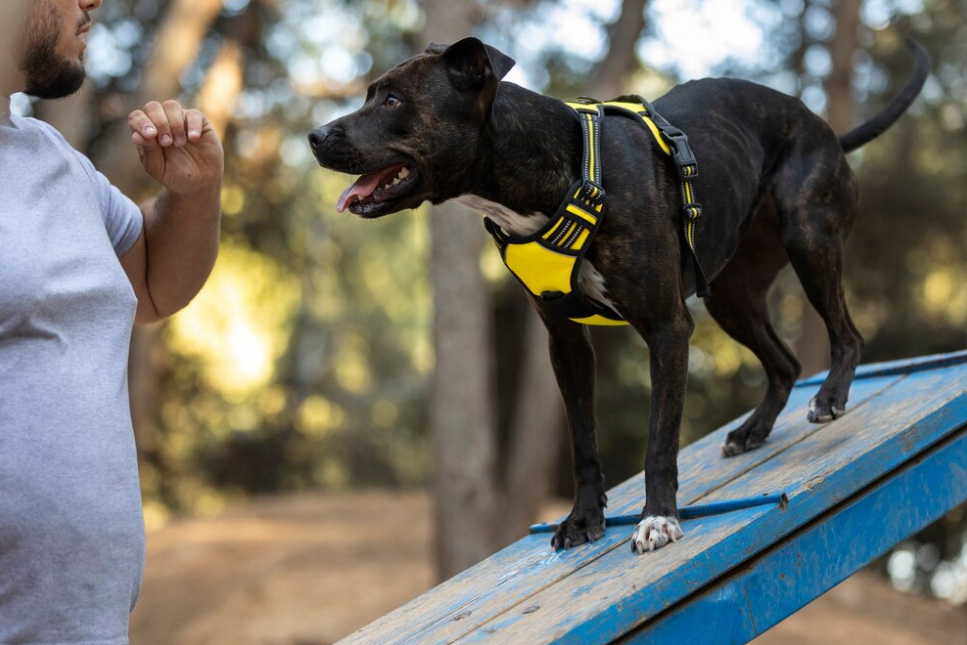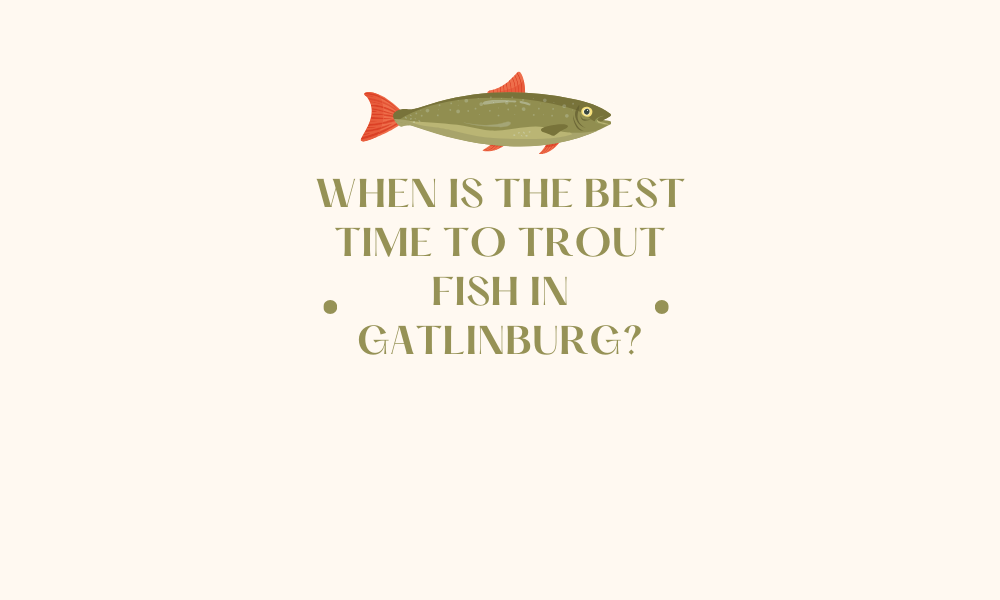If you’re a pet parent, especially to a dog, you may be familiar with the idea of anal glands. You’ve probably heard your veterinarian talk about them or witnessed your dog dragging its backside across the carpet (we all know the infamous “scoot”). But this leads to an interesting question: Do humans have anal glands like dogs?
It’s a quirky and somewhat embarrassing topic, but one that’s fascinating nonetheless. In this blog post, we’ll break it down and take a deep dive into whether humans have anal glands, how they work (or don’t work) in us, and why dogs seem to have them in such prominence. Let’s explore!
What Are Anal Glands in Animals?
Before we dive into whether humans have them, let’s first understand what anal glands are and why they exist in animals. Anal glands, or anal sacs, are small, scent-producing glands located near the anus in many mammals, including dogs, cats, and some other animals like skunks. These glands secrete a smelly substance that plays a critical role in animal behavior.
For example, in dogs, the scent produced by their anal glands serves as a form of communication. Dogs use these smells to mark their territory, recognize each other, and even convey emotional states. It’s a primal communication tool – think of it as their way of “shaking hands” or leaving a business card.
Do Humans Have Anal Glands?
Now, let’s get to the question we’ve all been waiting for: Do humans have anal glands? Technically speaking, humans do have anal glands – but they’re not nearly as prominent or functional as those in dogs.
Humans possess small, vestigial structures near the anus that are believed to be remnants of these larger, more functional glands. These small glands don’t produce any significant secretion like in dogs, and they certainly don’t play a role in communication. They’re essentially “leftovers” from our evolutionary past when our ancestors may have used scent marking in a more direct way.
The Difference Between Humans and Dogs
The biggest difference between humans and dogs when it comes to anal glands is functionality. In dogs, these glands secrete a liquid that contains distinctive smells. For many dogs, the glands are naturally emptied when they defecate. However, for some dogs, particularly those who suffer from impacted anal glands, this can cause discomfort and even lead to health issues.
For humans, these glands don’t serve any real purpose. They aren’t used for communication, territorial marking, or any behavioral signaling. Instead, they’ve become functionally redundant, which is why we don’t notice them unless there’s a medical issue.
Why Do Some Animals Have Anal Glands and Humans Don’t Need Them?
The evolution of anal glands in animals is tied to the way different species communicate. In the animal kingdom, scent marking is crucial for a variety of purposes, from signaling territory to identifying friends and foes. This is particularly true for animals that rely on scent much more than humans do.
Humans, on the other hand, have evolved to communicate using more advanced methods, like spoken language and body language. Over time, as humans developed more sophisticated ways of interacting, the need for these scent-based communication systems became less important, leading to the atrophy of the anal glands we have today.
What Happens if a Human’s Anal Glands Become Infected or Blocked?
While the anal glands in humans don’t play a significant role, they can still cause issues. It’s not common, but some people experience pain or discomfort in the area of the anus, often due to an infection or blockage of the vestigial glands.
This condition, called anal gland infection or anal sacculitis, can lead to symptoms like itching, swelling, or discomfort, particularly during bowel movements. While this is rare, it’s a condition that’s more likely to occur in people with underlying issues like poor hygiene, obesity, or a history of gastrointestinal problems.
If you’re ever in a situation where your anal area feels irritated or painful, it’s important to seek medical attention. Your healthcare provider can evaluate the issue and offer treatment, which may include antibiotics, drainage, or lifestyle changes.
The Role of Anal Glands in Dogs and Why It Matters
Now that we know humans have a weak version of anal glands, let’s talk a bit more about their importance in dogs. As mentioned earlier, dogs rely on their anal glands for scent communication. These glands secrete a substance that carries a strong, musky odor that can communicate a lot about a dog’s health, diet, and even mood.
Interestingly, dogs’ anal glands also help them during bowel movements. When dogs excrete, the pressure helps to empty their anal glands, releasing the distinctive scent. This scent can tell other dogs a lot about the individual – kind of like a canine fingerprint.
What Happens When Dogs Have Problems with Their Anal Glands?
If a dog’s anal glands become impacted or infected, it can lead to significant discomfort. Dogs may scoot their behinds along the floor, excessively lick the area, or become agitated. Impacted anal glands can also lead to more serious issues like abscesses or infections, which require veterinary care.
For this reason, regular care and maintenance of your dog’s anal glands are important, especially for certain breeds that are more prone to anal gland issues. If you’re a dog owner, it’s a good idea to check with your veterinarian about whether your dog’s glands need to be expressed (emptied manually) and how to prevent blockages.
Why Don’t Humans Need Their Anal Glands?
Humans no longer rely on scent-based communication the way animals like dogs or cats do. Over time, as our social structures evolved, the need for scent marking or scent-based communication waned.
Additionally, humans evolved to communicate using more sophisticated methods, like verbal language, facial expressions, and body language. These advanced forms of communication replaced the role of anal glands. Because of this, humans have seen their anal glands shrink and lose functionality over millions of years.
How Does This Impact Us?
For humans, the lack of functional anal glands means we don’t have to worry about marking our territory or communicating with others through scents. However, understanding that these glands exist and how they function in other animals can help us appreciate the diversity of communication systems in the animal kingdom.
Conclusion: A Quirky Evolutionary Tale
So, do humans have anal glands like dogs? Technically, yes, but they’re vestigial, meaning they’re remnants of an earlier stage of evolution that no longer serve any functional purpose. While our furry friends continue to rely on these glands for communication and marking their territory, humans have long since outgrown this primal form of interaction.
In the end, while we don’t have to worry about scooting or scent-marking our surroundings, we can certainly appreciate the unique roles that anal glands play in the animal kingdom!












